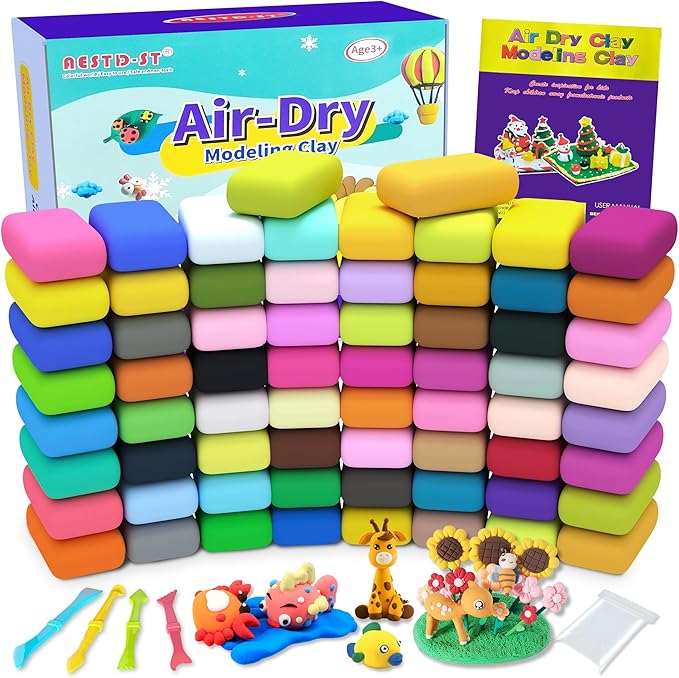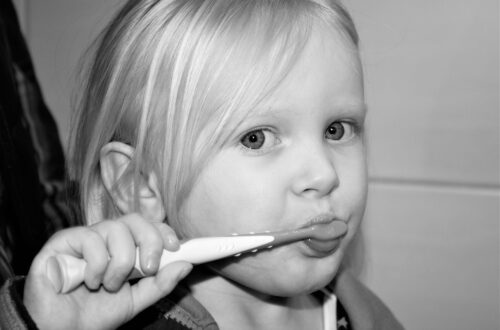
Is peaceful parenting passive?
The difference between peaceful and passive parenting is often blurred. This hazy line means peaceful parenting has become associated with parents watching with besotted smiles as their little whirlwind whips around, creating unchecked havoc.
The truth is that peaceful parenting does not mean being passive and waiting for inappropriate behaviour to correct itself. It also does not mean allowing your child’s whims to rule the family. Peaceful parenting is active and engaged.
Peaceful parenting is not always Peaceful
As a peaceful parent, you will try to bring peace to situations. Your child will sometimes bring the storm as they battle against rules and expectations. The temptation may be to avoid messy moments by avoiding the battles. After all, battles have two sides. If you, as a parent, don’t set rules or have expectations of behaviour, there will be nothing for them to rage against. This is passive parenting, and it does not bring peace. Rather, passive and uninvolved parenting leads to children who feel ungrounded and insecure. Without clear boundaries, children are more likely to behave erratically.
If you want to parent in a way that promotes peace, you will have to say “no” at times. You may also need to correct inappropriate behaviours or remove your children from situations they are unable to handle.
However calmly you discipline your child, there will be times when they will fight against you. Young children have not yet learnt emotional regulation, delayed gratification or impulse control. This means they sometimes struggle to accept not getting their own way.

You can be gentle but still firm
The difference between authoritarian and peaceful parenting is often in the motive and delivery rather than the substance.
An authoritarian parent and a peaceful parent will teach the same lessons. Authoritarian parents, however, will teach through commands and punishments. They are also less likely to connect or display empathy for their children.
Authoritarian parents aim for children who will obey and who are afraid to step out of line.
As a peaceful parent, you can still hold your child to high standards, however, you do so with kindness. You teach them through connection. Your children will know they are loved, even if they make mistakes. Peaceful parenting aims to empower children to make good choices
Consequences vs Punishments
At times, as you peacefully parent your child, you will need to teach through consequences.
Authoritarian parents believe that punishments are the only way to teach a child that actions have consequences. On the other hand, passive parents will look for the easiest way out of a situation, and if that means helping a child avoid the consequences of their actions, so be it. So, is there a middle ground?
In looking at consequences and punishments, it is important to understand that they are not the same thing. For a more in-depth look at the differences, check out this post.
At the heart of it, punishments are punitive and dealt out with the aim of making a child pay through hardship for what they did wrong. An example would be if a child said something unkind and then had a favourite toy taken away for being naughty.
Although punishments are consequences, not all consequences are punishments.
If a child is struggling to play nicely with other children at a park, the natural consequence would be for that child to be removed from the situation and taken home. This is not done in the spirit of punishing the child. Rather, it is an acknowledgement that they are not currently able to behave in a way that is appropriate for being at the park. Therefore, the right thing to do is to go home and try another day.
Positive consequences
Positive consequences are consequences that you can actively enforce to support better behaviour.
If your child is struggling to behave well, make the right choices or control their emotions, chances are something needs to change. Perhaps a change in sleep, amount of time on screen or diet could help. Like adults, these things can affect children both physically and emotionally. The changes that you need to make, such as earlier nights, less sugar for a few days or a break from screen time, may feel like punishments to your child. There is, however, a crucial difference. You are not looking for what repercussion would be the most unpleasant for your child, to compel them through fear not to err again. Instead, you are implementing measures that you know will help your child to thrive.
A positive consequence may not always be related to physical well-being. It may be that there are skills that your child needs to learn.
A child struggling to walk sensibly in the street can be made to hold a parent’s hand while they practise walking calmly and paying attention to their surroundings. The consequence offers a chance for them to practise important skills before they are allowed freedom.
You can be gentle and responsible
When you are disciplining as a gentle parent, another area that you should not be passive is that of responsibility.
There is a lot of talk nowadays about child-led parenting. While we should look for and account for their needs, children should not be given full parental responsibility.
Children have a lot of learning to do, and are not yet mature or developed enough to be able to make all of their own decisions. Sure, in time, if we leave them alone and let them have what they want, maybe they will learn what hurts them and avoid those things. They will suffer a lot of hurt along the way, however.
You are the adult. You should decide things like bedtimes and what gets cooked for dinner.
As your child grows, you can allow them to make choices that are appropriate for their age. There will be many opportunities to teach your child responsibility whilst keeping them healthy and safe.
Responsilibility and Privilidge
As your children age and develop, it is right that they acquire certain privileges. They must also learn that privileges come with responsibility. If they cannot handle the responsibility, then remove the privilege. Try it again later when you feel that they are ready.
Most privileges are paired with responsibilities. For example, understanding a child who is allowed to watch the screen, should turn it off when asked, and follow rules about what channels they are allowed on, or what games they can play. If your child is allowed to play in the neighbour’s garden, they should play nicely and come to you when called. Perhaps you let them use the grown-up felt tips, but only at the table, using an art mat.
You might give and take away privileges a few times. Learning responsibility is difficult, and it takes time.

A Final Note
Peaceful parenting is not passive. It is engaged, and active as you look for ways to support, discipline and connect with your child.
I wish you all the peace
Hannah Louise








